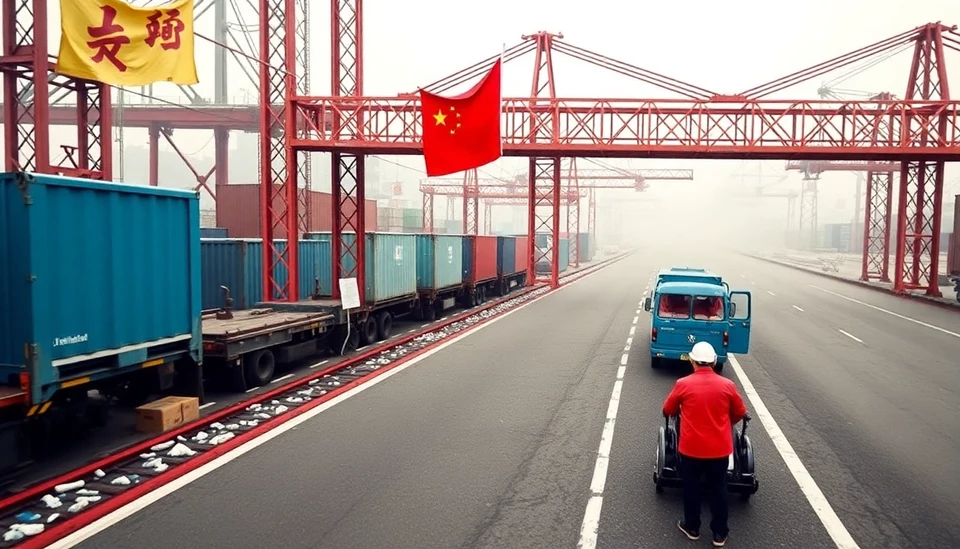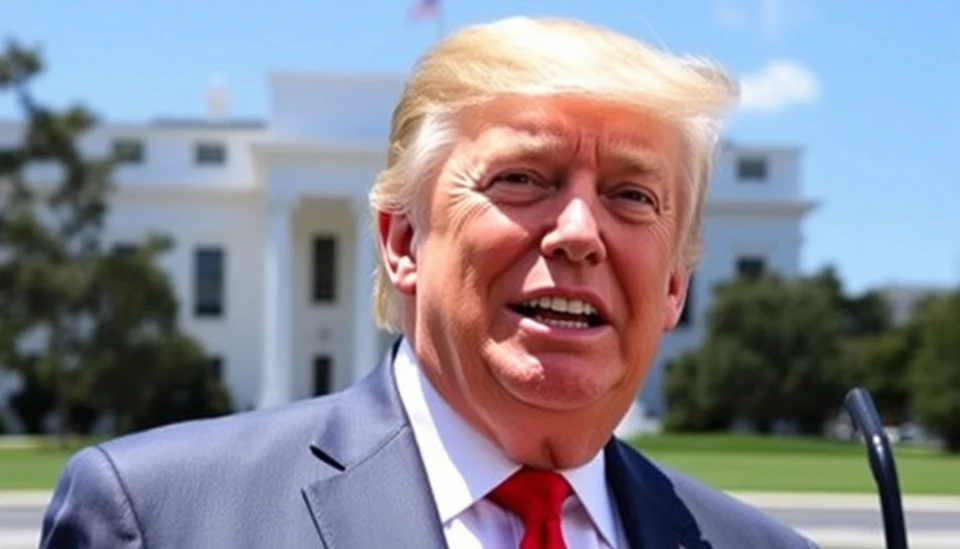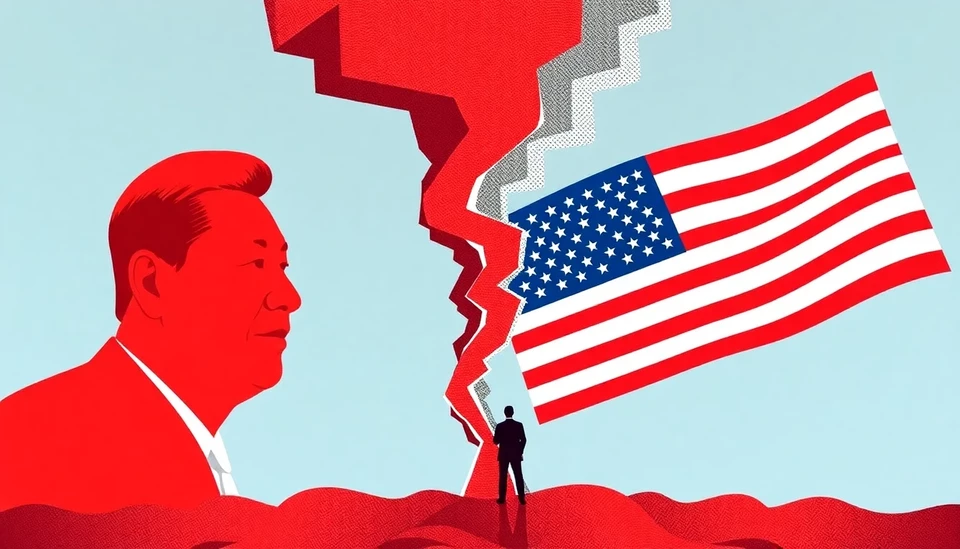
Recent developments in international finance have stirred concerns among investors as chatter surrounding the potential devaluation of the Chinese yuan intensifies. This speculation is significantly fueled by escalating trade tensions between the United States and China, leading to increased scrutiny of the yuan's stability in the global market.
Analysts have been closely monitoring the yuan's fluctuations, especially in light of the ongoing trade war that shows no signs of abating. Economic indicators suggesting a slowdown in China's growth have led many to believe that the Chinese government might resort to devaluing its currency to bolster exports and support its economy. The yuan's current standing, which has demonstrated considerable resilience, could be challenged as pressure mounts from both domestic and international fronts.
The role of the yuan in global finance has become a critical talking point. A potential devaluation could have far-reaching implications, not only for China but also for global markets. Such a move could lead to competitive devaluations among other nations, prompting a cycle of currency manipulation that may destabilize economies worldwide. Investors fear that a weaker yuan might exacerbate trade tensions, prompting retaliatory measures from the United States, including more tariffs and trade restrictions that could affect various sectors, from agriculture to technology.
Market analysts have noted that any official moves towards devaluation will likely be met with significant global scrutiny and could provoke sharp reactions in foreign exchange markets. Historical patterns suggest that the yuan and other currencies often respond dramatically to changes in trade policies, and many market participants are bracing for a potential storm as negotiations continue to falter.
As such fears grow, Chinese officials have attempted to manage the narrative surrounding the yuan. State media have labeled discussions about devaluation as strategic misinformation aimed at destabilizing China’s economic progress. Meanwhile, the People’s Bank of China has repeatedly assured investors of its commitment to a stable currency, indicating that it will take steps necessary to maintain equilibrium in the financial markets.
The current geopolitical landscape complicates these assurances, as each move by the United States can reverberate throughout the Asian economic landscape. With the U.S. administration signaling an unwavering stance on tariffs and trade agreements, the Chinese government is navigating a tightrope, balancing domestic pressures against international expectations.
As uncertainty looms, companies and investors are advised to exercise caution, weighing their options in an environment marked by potential volatility. The continued discourse around yuan devaluation underscores the delicate interplay between national policies and global finance, illustrating how interconnected economies respond to one another.
In conclusion, as the situation evolves, keeping a close watch on the yuan's trajectory will be critical for those invested in or affected by Chinese trade relations. The notion of devaluation is not merely speculative but a prospective scenario that could reshape the global financial landscape in the wake of trade disputes.
#YuanDevaluation #TradeWar #ChinaEconomy #CurrencyFluctuation #GlobalMarkets
Author: Daniel Foster




